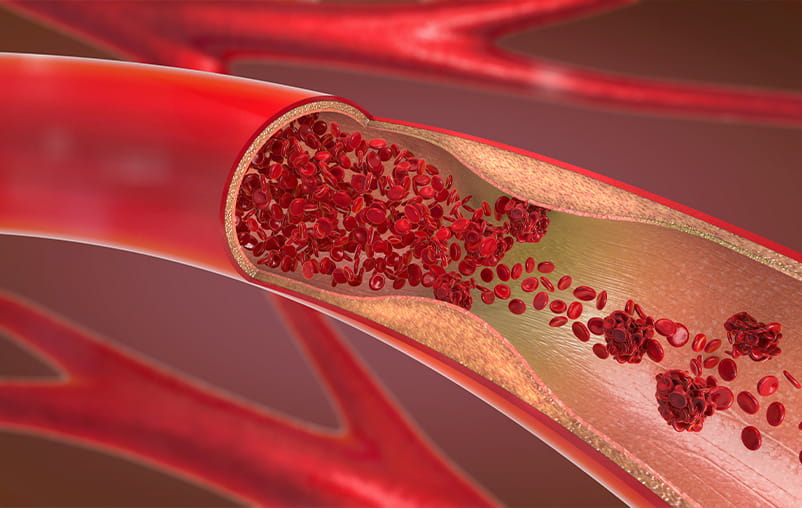You’ve probably heard that laughter is the best medicine. Dr. Jan Patterson, a physician at University Health, says there is some truth to that.
“It's not just anecdotes,” Dr. Patterson said. “There's actually scientific evidence that humor and laughter can help us.”
“We've always known that having a positive attitude about your health is beneficial,” Dr. Patterson said. But the medical field didn’t take real interest until about 1979, when Norman Cousins published a book called Anatomy of an Illness.
Cousins had a debilitating inflammatory illness. He started eating healthy food and watching funny movies and found this improved his condition. When he published his findings, the medical field took notice and began researching the connection between emotions and physical health.
Health Benefits of Laughter
You may be surprised to learn that laughter:
- Releases endorphins
- Improves heart health
- Improves memory
- Increases motivation
- Decreases stress hormones
- Decreases depression
Laughter Releases Endorphins and Boosts Memory
Laughing releases endorphins. This is a hormone that improves your mood and acts as a natural painkiller. Exercise also releases endorphins, which explains why you may feel lighter and happier after a hike or a game of tennis.
Studies in older patients show that laughter and humor can improve memory, mood and motivation while decreasing depression.
Laughter Improves Heart Health
Spending time with funny friends is good for the heart in more ways than one.
“Research shows that humor and laughter can decrease the stress hormones in our body’s stress markers,” Dr. Patterson said. This relaxes the blood vessels and lowers blood pressure, which can improve our cardiovascular health.
On the other hand, when we’re stressed, our body releases cortisol, our blood vessels constrict and our blood pressure rises.
Laughter, Breathing and Stress Relief
When you laugh, you naturally take deeper breaths, which can help relieve stress.
“When we're stressed we take fast, shallow, irregular breaths,” Dr. Patterson said. But when we’re laughing, we take deep breaths from our abdomen, which is why it’s called a belly laugh. “Our vagus nerve detects that we're taking deeper, more regular breaths, and that helps us relax.”
Vagus Nerve Stimulation
The vagus nerve is the longest nerve in the body and connects the brain to the other organs. It is also the main component of the parasympathetic nervous system, which controls breathing, digestion heart rate and more. It counteracts the sympathetic nervous system, also called the fight-or-flight response.
Being in a constant state of fight or flight can take a toll on your health. Activating the parasympathetic system tells your body you’re not in danger and that your heart rate and blood pressure can return to normal. Stimulate the vagus nerve by:
- Laughing
- Practicing yoga
- Doing breathing exercises
- Meditating
While laughter is healthy, crying has its benefits, too. Crying releases stress and emotions and forces you to take deeper breaths.
“Being in touch with our emotions, in general, is one way we can empower ourselves to improve our health,” Dr. Patterson said.
Integrative Medicine at University Health
Learn more about integrative medicine at University Health and how it can help manage a variety of conditions.





